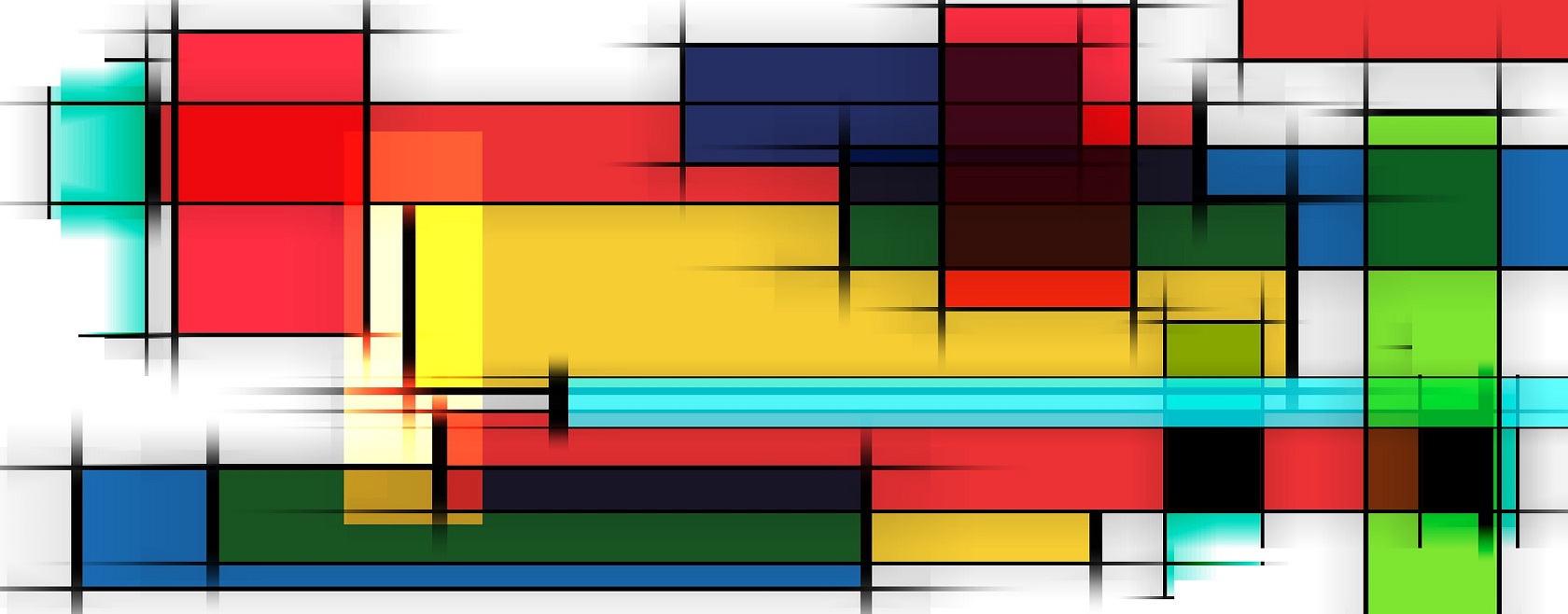Mental Health Nursing
open access articles on mental health nursing

Logotherapy
"He who has a why to live can bear with almost any how." - Nietzsche
Introduction
-
Logotherapy is meaning-centered psychotherapy based on the assumption that meaning fulfillment in life is the best protection against emotional instability.
-
Logotherapy is the Third Viennese School of Psychotherapy. The first school is Sigmund Freud's Psychoanalysis, and the second school is Alfred Adler's Individual Psychology.
-
The word logotherapy comes from the Greek word logos, which literally means “meaning.”
- Logotherapy focuses on the future, on the meanings to be fulfilled in the future.
Viktor E. Frankl
"Perhaps the most significant thinking since Freud and Adler."
American Journal of Psychiatry
- Logotherapy was founded by Viktor E. Frankl (1905-1997, based on the philosophy of existentialism.
- He was a neurologist and psychiatrist practicing in Vienna.
- During World War II, he was in captivity of Nazis and spent 3 years in various concentration camps, including Theresienstadt, Auschwitz, and Dachau.
- His experience during this period was depicted in his best selling book "Man's Search for Meaning".
- He was a visiting professor in Harvard, Pittsburgh, San Diego and Dallas.
- The psychotherapeutic school founded by Frankl, often called the "Third Viennese School".
- He received 29 honorary doctorates from universities in all parts of the world.
- For more on his life and work: http://www.viktorfrankl.org/e/lifeandwork.html
Major Concepts
Frankl's approach is based on three philosophical and psychological concepts:
- Freedom of Will
- Will to Meaning, and
- Meaning in Life
Freedom of Will
- The space of shaping one's own life within the limits of the given possibilities.
Will to Meaning
- The search for meaning is seen as the primary motivation of humans.
- When a person cannot realize his or her "Will to Meaning" in their lives they will experience an abysmal sensation of meaninglessness and emptiness..
- The frustration of the existential need for meaningful goals will give rise to aggression, addiction, depression and suicidality.
Meaning in Life
- Meaning is an objective reality, as opposed to a mere illusion arising within the perceptional apparatus of the observer.
Therapeutic Techniques in Logotherapy
-
Paradoxical Intention: indicated in compulsive disorders and anxiety in which the clint is guide to overcome their obsessions or anxieties by self-distancing and humorous exaggeration, thus breaking the vicious circle of symptom and symptom amplification.
-
Dereflexion: indicated in sexual disorders and sleeplessness in which sensations of anxiousness or sadness will be increased and amplified by self-observation, making them more noticeable. It is the purpose of dereflexion to break this neuroticizing circle by drawing the client's attention away from the symptom or the naturally flowing process.
-
Socratic dialogue: certain attitudes and expectations may be obstacles to meaning fulfillment which alienate the person from meaningful potentialities. Through this technique, the individual is guided to perceive their unrealistic and counterproductive attitudes and to develop a new outlook that may be a better basis for a fulfilled life.
How logotherapy works?
Logotherapy:
- helps the clients in detecting their specific and individual
meaning.
- helps in perceiving and removing those factors that hinder them in pursuing meaningful goals in their lives,
- enables clients, in the context of the techniques of Paradoxical Intention and Dereflection, to cope with their symptoms and to regain control and self-determination,
- assists the individual in realization of meaningful goals in their lives,
- provides the client with room for autonomous action even in the face of somatic or pschological illness,
- guides in achieving the openness and flexibility that will enable the individual to shape their day-to-day lives in a meaningful manner.
Techniques in Logotheray
- The human being is an entity consisting of body, mind, and spirit.
- Life has meaning under all circumstances, even the most miserable.
- People have a will to meaning.
- People have freedom under all circumstances to activate the will to find meaning.
- Life has a demand quality to which people must respond if decisions are to be meaningful.
- The individual is unique.
References
Frankl, Viktor (1959). Man's Search for Meaning. Boston, Massachusetts: Beacon Press.This page was last updated on: 13/12/2020